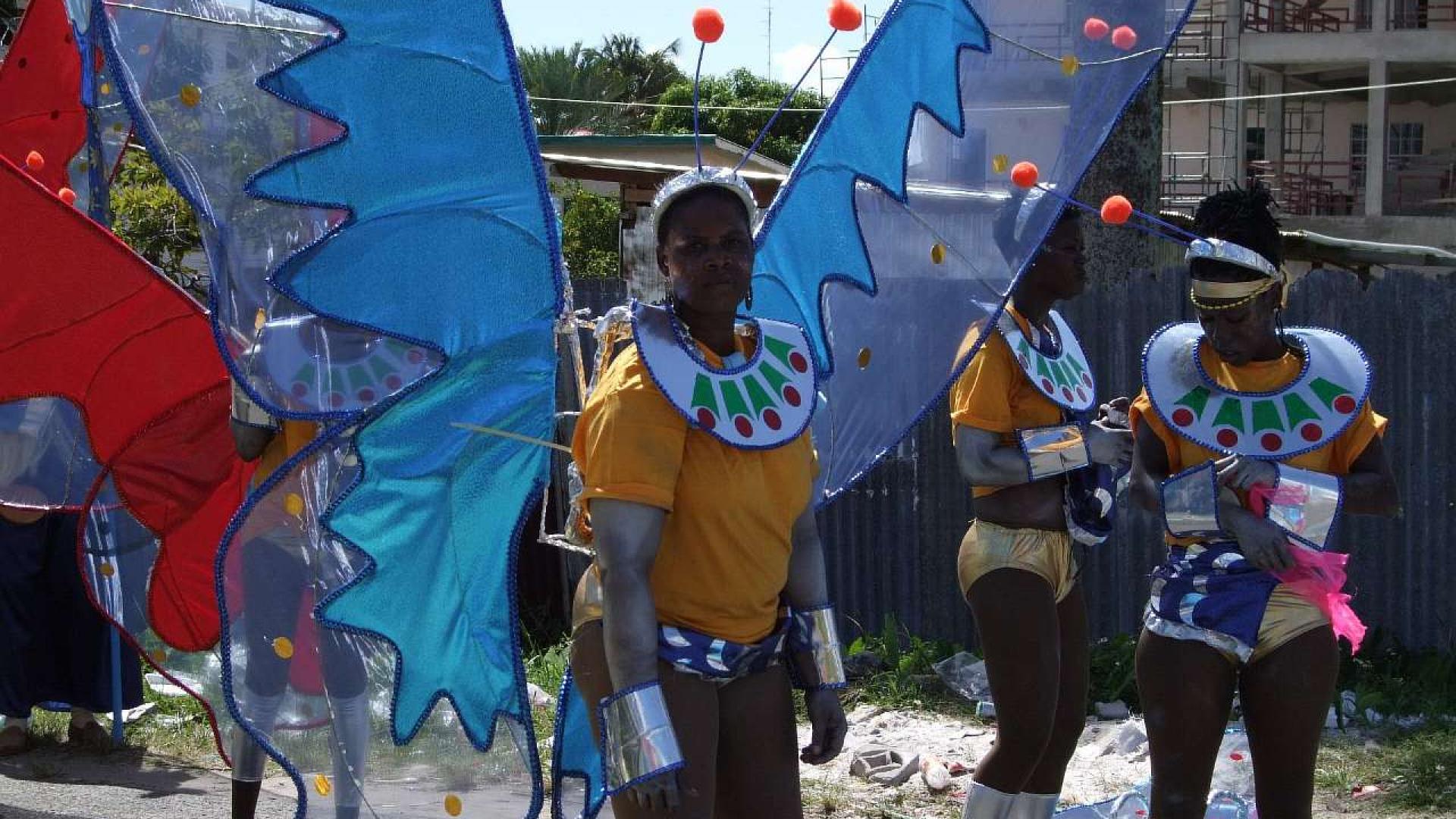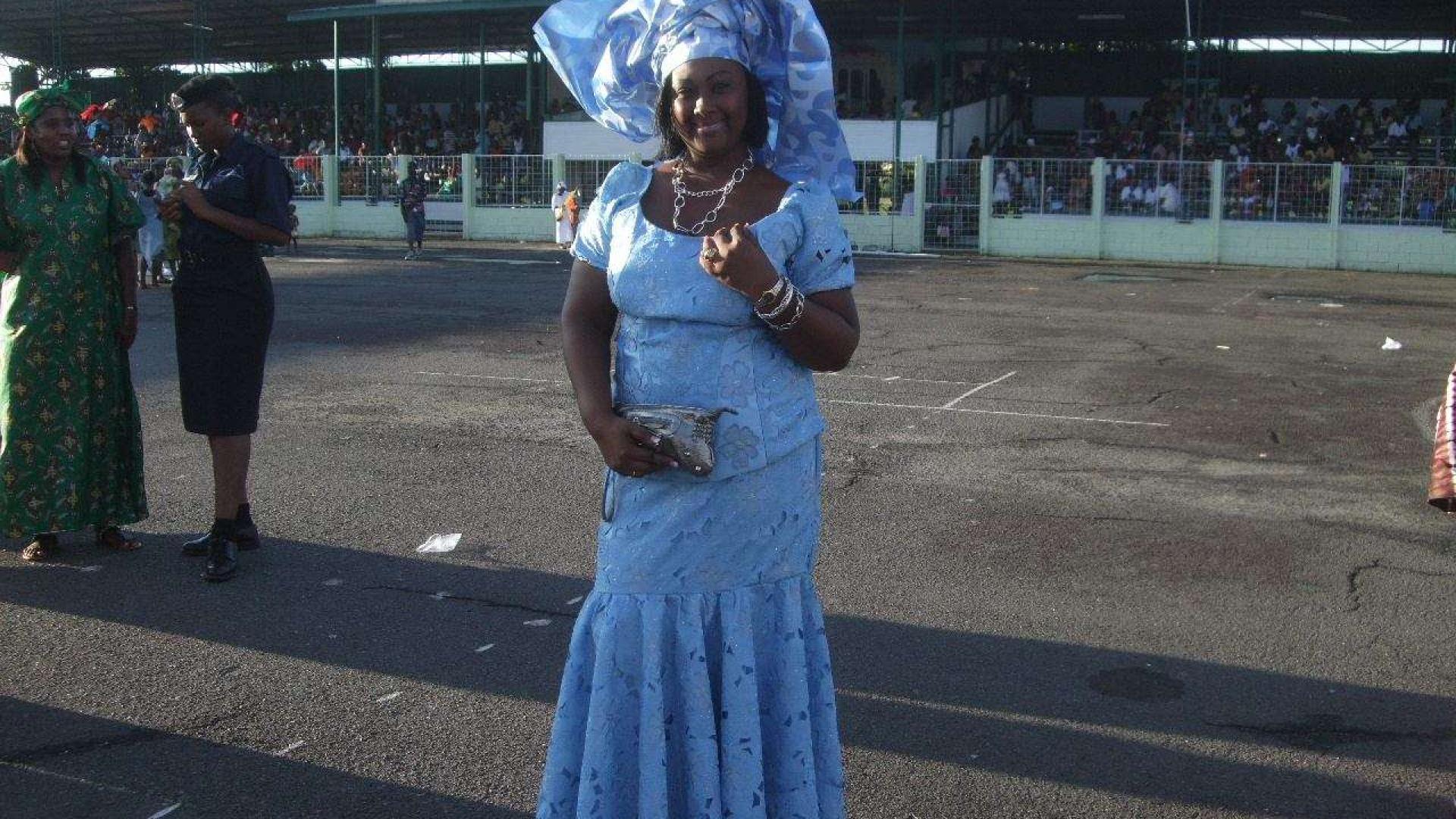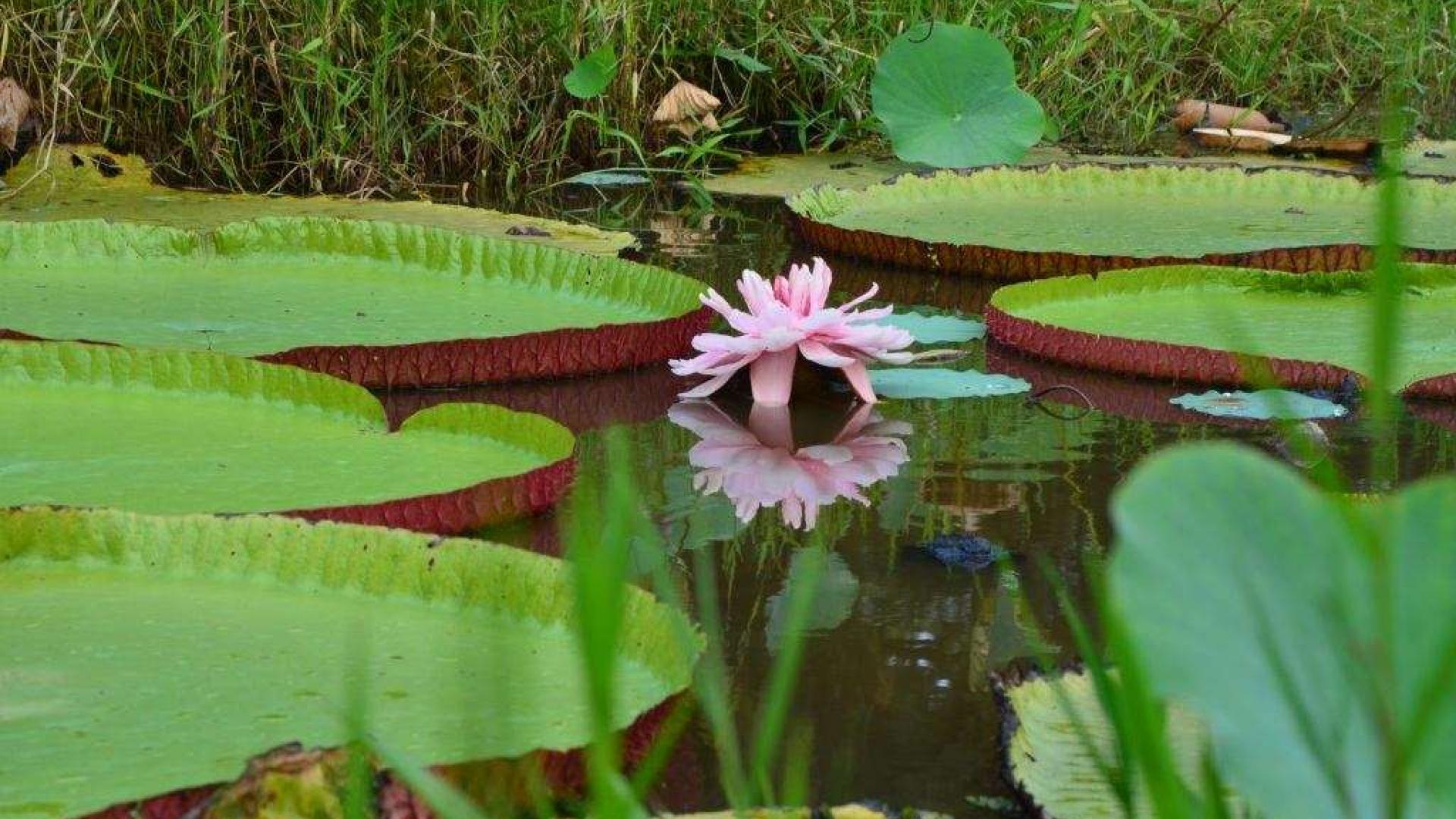Arrival of Indians in Guyana.
 Despite the fact that the continued recruitment of workers in the West Indies, Africa, Europe, it did not help ease the labor shortage in Guyana. After the West Indies have imposed restrictions on emigration, sugar planters were forced to seek replenishment of the workforce further.
Despite the fact that the continued recruitment of workers in the West Indies, Africa, Europe, it did not help ease the labor shortage in Guyana. After the West Indies have imposed restrictions on emigration, sugar planters were forced to seek replenishment of the workforce further.
One of them, John Gladstone, father of the British statesman, addressed to the Secretary of State for the Colonies for permission to recruit Indians in Guyana. Gladstone supported by other growers. By this time the Indians were hired to work the sugar plantations of Mauritius, which was very productive.
Please Gladstone was granted, and the owners of sugar plantations in Guyana took measures to recruit 414 Indians. Of these, 150 were "coolies" from Nagpur and the rest of the districts of Calcutta.
For the transport of these Indians were chartered two ships: Whitby and Venus. Whitby sailed from Calcutta, January 13, 1838 with 249 immigrants on board and after 112 days on the road May 5 arrived in Guyana. On the road killing five people.
The ship immediately went to Berbice, where immigrants landed 164 to work on plantations Heyberi and Waterloo. The remaining 80 immigrants went to Demerara, and were brought to the plantation Belle Vue.
A total of 244 people was 233 men, 5 women and 6 children.
Venus sailed from Calcutta, January 29th with 165 passengers on board and arrived in Guyana late at night on May 5. 13 people on board died. The remaining 135 men, 6 women and 11 children were distributed among the plantations.
On arrival, men signed the contract, which read:
1. We commit to perform willingly and diligently the duties assigned to us as workers. We must constantly be at work, except time given for the usual rest and nutrition. If we are unable to perform his duty because of illness or other reasons, we hereby disclaim any and all claims for payment to the owners during the absence.
2. Workers should not be a burden to the colony in case of their refusal to work. Monthly from their salary will be deducted an amount of one rupee to the accumulation of sufficient funds for travel to Calcutta. If this case does not happen, the amount will be refunded to the employee.
In this contract were related only adult males. Women and children did not sign the contract ..
On the basis of such a contract on the plantation of Waterloo they got the following rates of payment:
Foreman - 24 guilders, the elder - 10 guilders, gulden -7-10 laborers, boys - 6 guilders.
On the other plantation rates were:
Foreman - 16 crores of rupees -7 warden, working - and Rs 5 boys - 4 rupees.
While the cost of a 17 guilder British pence, and the rupee - 28 pence. One British pound consisted of 240 pence.
Opening hours are from 6 am to 6 pm, with a break of 12 to 14 hours.
Each worker received a weekly allowance of food. 13 pounds of rice, 1.5 pounds of dried fish, 3 / 4 pound onion, a little butter and pepper.
Clothing allowance equal to 2 blankets, jackets, 2 dhoti, 1 cup, 1 wooden bowl.
Soon it became known that Indian workers are exposed to abuse, including corporal punishment. Governor Henry Light was forced to set up a commission of inquiry, which confirmed the facts of abuse.
As soon as news of the abuse reached India, the British authorities banned the export of Indian workers in Guyana.
This has upset plans for the owners of sugar plantations, because of contracts with Indian workers, they could receive a significant profit.
However, mortality was high. Of 396 Indians who arrived in May 1838, 48, died in January 1839. By the end of the 5-year period killed 50 more people.
It was clear that immigrants are not very adaptable and very quickly get sick.
Upon completion of the contract, 236 Indians (206 men, 12 women, 14 boys and 4 girls) went to India on two courts. Sixty people chose to remain in Guyana.
и остаться в Гайане.
- Log in to post comments





